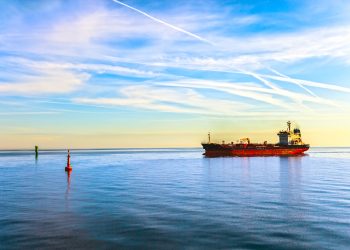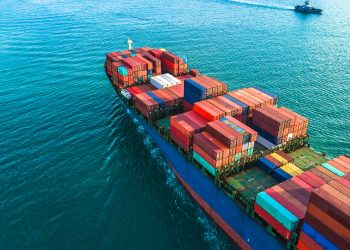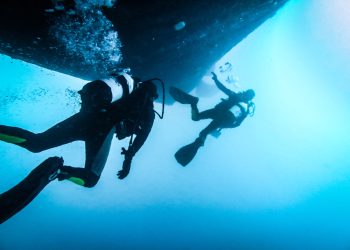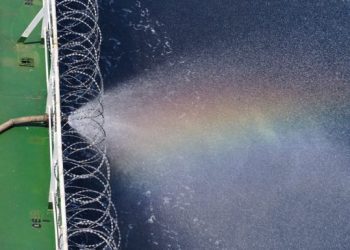After realizing that people make mistakes, people’s actions are rarely malicious and mistakes are typically due to conditions and systems that make work difficult, the fourth guiding principle out of the eight OCIMF principals on human factors, comes to highlight the importance of understanding the conditions in which mistakes happen in order to prevent and correct them.
On the occasion, it is worth referring to Safety II concept that sees humans as a resource necessary for flexibility and resilience. Safety I takes accidents as the focus point and tries to prevent bad things from occurring, while Safety-II is emphasizing on ensuring that as much as possible goes right, expanding much more than the area of incident prevention and promoting a real safety management over a simple risk assessment.
What makes the transition to Safety II necessary?
|
Safety I |
Safety II |
|
Learn from our errors |
Learn from our successes |
|
Safety defined by absence |
Safety defined by presence |
|
Reactive approach |
Proactive approach |
|
Understand what goes wrong |
Understand what goes right |
|
Accident causation |
Repeat what goes right |
|
Avoid errors |
Enforce successful behaviors |
|
Reduce losses |
Create new process on successful behaviour |
5 key tips for understanding mistakes
#1 Embrace a high performing culture that allows mistakes
Define the kinds of mistakes and failures that can be expected to occur
#2 Set clear boundaries
Define what is and what isn’t acceptable and hold people accountable
#3 Allow participation of mistakes’ messengers
As a result, people who come forward with mistakes are rewarded rather than punished
#4 Be open
Focus on openness to fix any mistakes and learn from them
#5 Focus on Lessons Learned
Ask for observations, ideas and creating opportunities for people to detect and analyze mistakes and failures































































